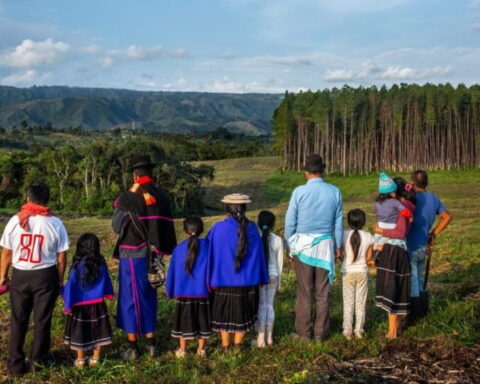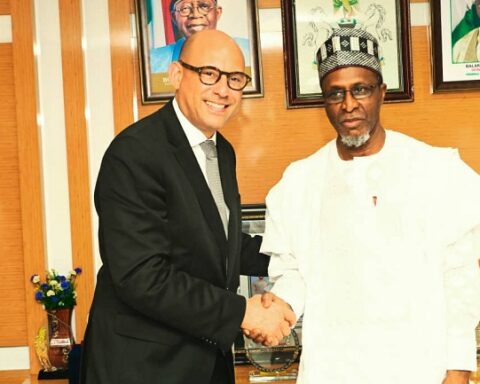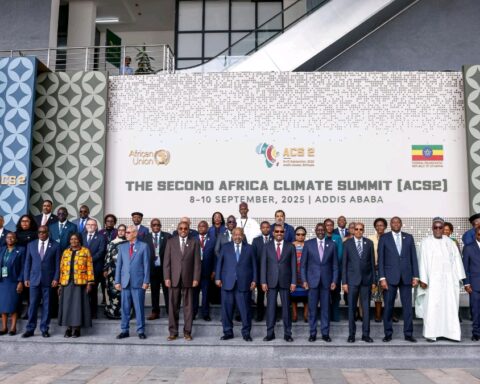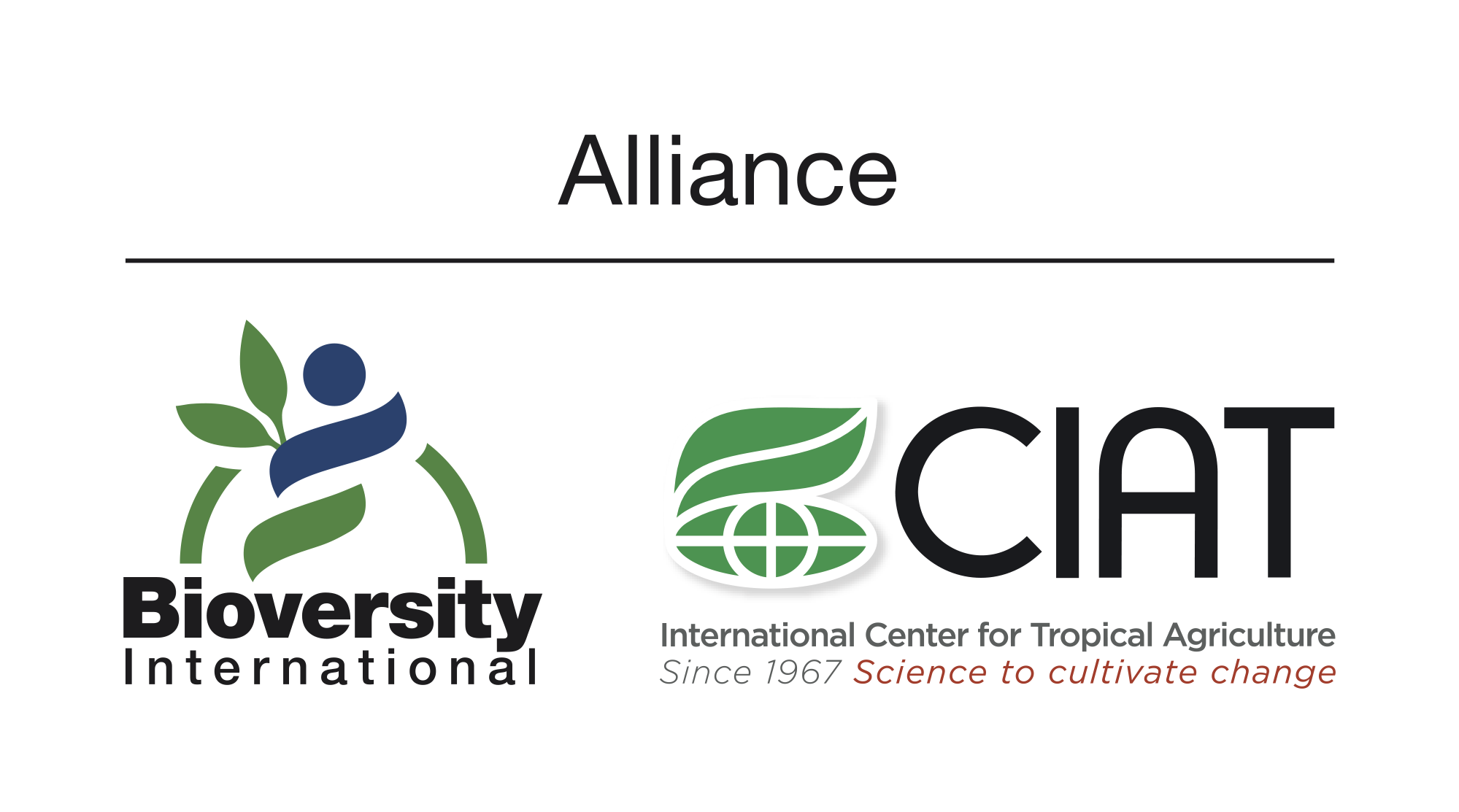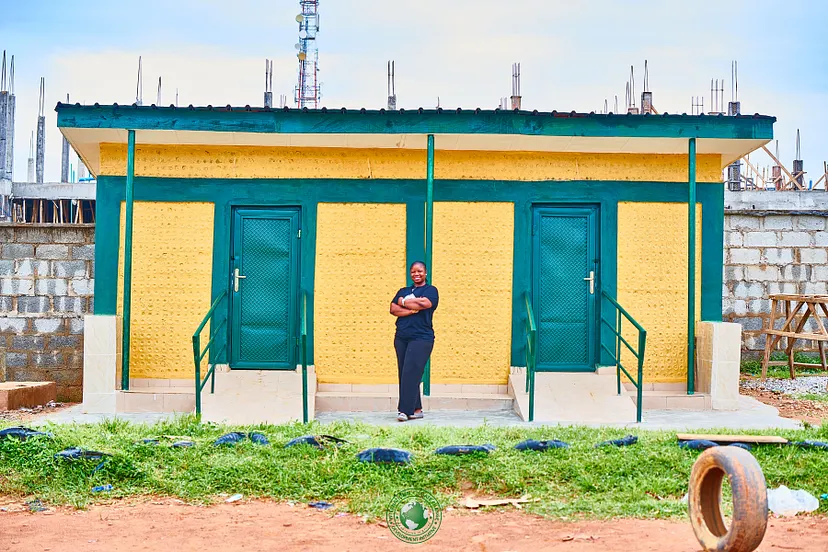Global health experts and government representatives have issued a strong warning that the world is entering a dangerous phase of the climate crisis, with rising temperatures and intensifying extreme weather already claiming hundreds of thousands of lives yearly.
They stressed that health must become a central pillar of global climate adaptation efforts, especially for vulnerable nations like Nigeria.
The call was made during a major Health Day press conference at COP30, jointly hosted by Regions4, the Global Climate & Health Alliance, and CarbonCopy, under the theme “Positioning Health at the Centre of Adaptation Finance.”
Delivering a stark assessment, Dr Marina Romanello, Executive Director of the Lancet Countdown, said the global community is dangerously underestimating the scale of health risks associated with climate change.
“Each year, more than half a million people die from heat exposure alone, and over 150,000 deaths are linked to wildfire smoke,” she said. “Health systems are strained, under-resourced, and largely unprepared for what lies ahead.”
Her comments come on the heels of the 2024 Lancet Countdown report, which warns that climate-linked illnesses and deaths have reached historic levels, with millions more at risk across Africa, Asia, and Latin America.
Financing Gap Threatens Global Health Security
One of the strongest messages from the event was the urgent need to close the health adaptation financing gap, which experts say has reached a crisis point.
According to new data, developing countries will require $310–$365 billion annually by 2035 for climate adaptation, yet health receives just 4% of multilateral adaptation finance. Across all climate finance mechanisms, only 0.5% is allocated to health.
Dr Romanello warned that without a dramatic increase in funding, millions of people may be left without protection as climate impacts escalate.
“Adaptation funding for health is nowhere near sufficient. Many countries know what they need to do, but they simply cannot afford it.”
Africa, Nigeria Face the Harshest Realities
Nigeria’s presence at the press conference underscored the continent’s vulnerability and rising concern over the ability of national health systems to cope.
Carlos Lopes, Special Envoy for Africa for the COP30 Presidency, described the situation as an urgent existential threat:
“The deficit in adaptation finance is colossal. African governments are spending what they can, but global support remains far from adequate.”
For Nigeria, where heatwaves, floods, and disease outbreaks are becoming more frequent, the warning reflects the lived reality of millions of citizens.
Representatives from Bangladesh, India, and Chile joined Nigeria in outlining national efforts that remain undermined by insufficient global support.
Md Ziaul Haque, Bangladesh’s Additional Director General for the Ministry of Environment, spoke candidly:
“The gap between what we need and what we receive is enormous. Multilateral funders must step up with proposals that meet the scale of the challenge.”
India’s Dr Vishwas Chitale added that the country will need $643 billion by 2030 for adaptation under current projections, noting that India already spent $146 billion on adaptation in 2021–2022 alone.
The event also spotlighted the newly launched Climate and Health Funders Coalition, which has committed $300 million annually to integrated climate-health interventions.
While speakers welcomed the development, they emphasised that the level of need is far greater.
“It is an encouraging signal,” said Jeni Miller, Executive Director of the Global Climate & Health Alliance. “But far more funding is required to adequately strengthen health systems.”
Speakers also stressed the need for governments to break down silos and integrate health into broader climate planning.
Dr Sandra Cortes, Chile’s representative, explained: “We cannot treat health separately from agriculture, energy, or transport. Integrated strategies create co-benefits that protect people and strengthen development.”
This philosophy underpins the Belem Health Action Plan, which aims to strengthen global health systems and improve resilience, especially in the world’s most climate-vulnerable countries.
As negotiations intensify at COP30, experts say global leaders must prioritise health within the Global Goal on Adaptation, close the financing gap, and channel resources directly to vulnerable communities.
For Nigeria and many developing countries the stakes could not be higher. Without urgent action, the world risks facing a wave of climate-related health emergencies far beyond the capacity of current systems.
By Dare Akogun




